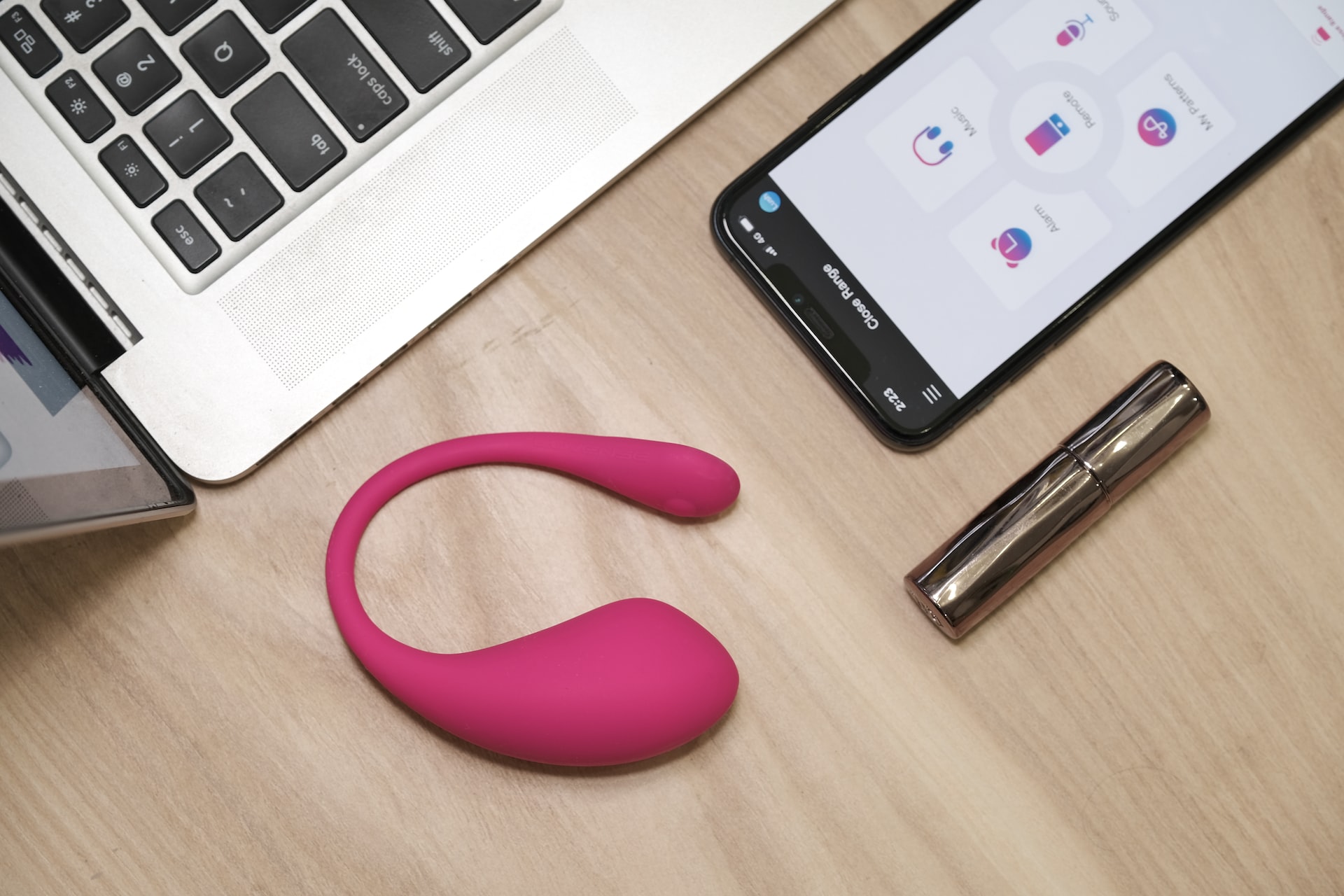Having a bad credit score might sound like the end of the world, especially if you’re thinking of filing for bankruptcy or if you need financial aid. There’s no denying that your financial options will be drastically limited as opposed to someone who has a high credit score. Bad credit scores are no more than numbers and they can increase, albeit infinitesimally, but a small increase is better than no increase at all. This also means that you’ll have a couple of options that will help you until your credit score sees an improvement. Read on to find out how you can get a loan with your bad credit history.
Personal Information
At this point, you have to stop trying to apply for loans, as this will result in rejections. The first thing you can do is to gather financial information to have a clearer idea of your financial situation and how to manage it. Make sure that you have your credit report and that you analyze it and understand how you can improve your scores before you apply for any type of loan. You should also be mindful of the fact that credit scores will differ depending on the model you have. The most popular model that people use is the FICO model but there is also the VantageScore. A good credit score will vary between 700 and 850, while 620 and 679 is an average credit score. A low credit score will be under 580. If you’re thinking of applying for a loan, make sure that you have the info ready like your debt-to-income ratio and your annual income.
Credit Union
After gathering the necessary information, you will have to talk to someone at the Credit Union or the bank. This will help you know the minimum requirements for applying for a loan and the minimum credit scores that lenders look for. Since the Credit Union or the bank will have a better understanding of your financial profile as well as any information on your credit impaired assets, it’s a good place to start there. Luckily, credit unions have better lending standards than banks and they might have a small personal loan for you if you’re in a dire need of one. However, if you still prefer to get a loan from your bank, make sure to ask the bank’s loan department for how you can apply for a loan and the criteria they will require of you.
Credit Score
Because all you have done so far is merely research, you can start with the most important step: improving your credit score. One of the best ways that you can start with is by paying your debts on time. Although your limited options will likely have a high-interest rate, you can apply for a small loan and pay your instalments on time. Some loans are designed for that specific purpose, so make sure that you research them. Furthermore, you can review your credit reports for errors and try to limit the number of hard inquiries on your credit history so you can improve your credit score at leisure. Also, make sure that you pay off any credit card debts and keep your credit card balances low. Whether you’re trying to improve your credit score or not, paying off all your debts is going to benefit your financial situation.
Loan Options
When it comes to reviewing your loan options, make sure that you apply with lenders whom you’ve worked with before and trust. Also, you’ll have to manage your expectations, as your limited set of options will include either loans with a high-interest rate or small loans. With that said, here are options that will be available to you.
- Personal Loan: you will have two options if you choose a personal loan: secured personal loans and unsecured personal loans
- Peer-to-Peer Loan: it can be considered crowdfunding and usually doesn’t involve any financial institutions for you to acquire that loan.
- Online Loan: online loans usually don’t have a high-interest rate and will consider other factors, like your financial history, income, and employment to be more important than your credit history.
- Payday Loan: this type of loan will give you a smaller amount of money than the other types, has a high-interest rate, and they’re short-term. However, due to their high-interest rate, they can be hard to pay off.
With these steps taken into consideration, you can start building up a better credit history. It might take a while to reach that high credit score that you always wished for, but once you know how to utilise your options, you’ll be able to pull yourself out of this rut and have a stable financial situation in no time.






































